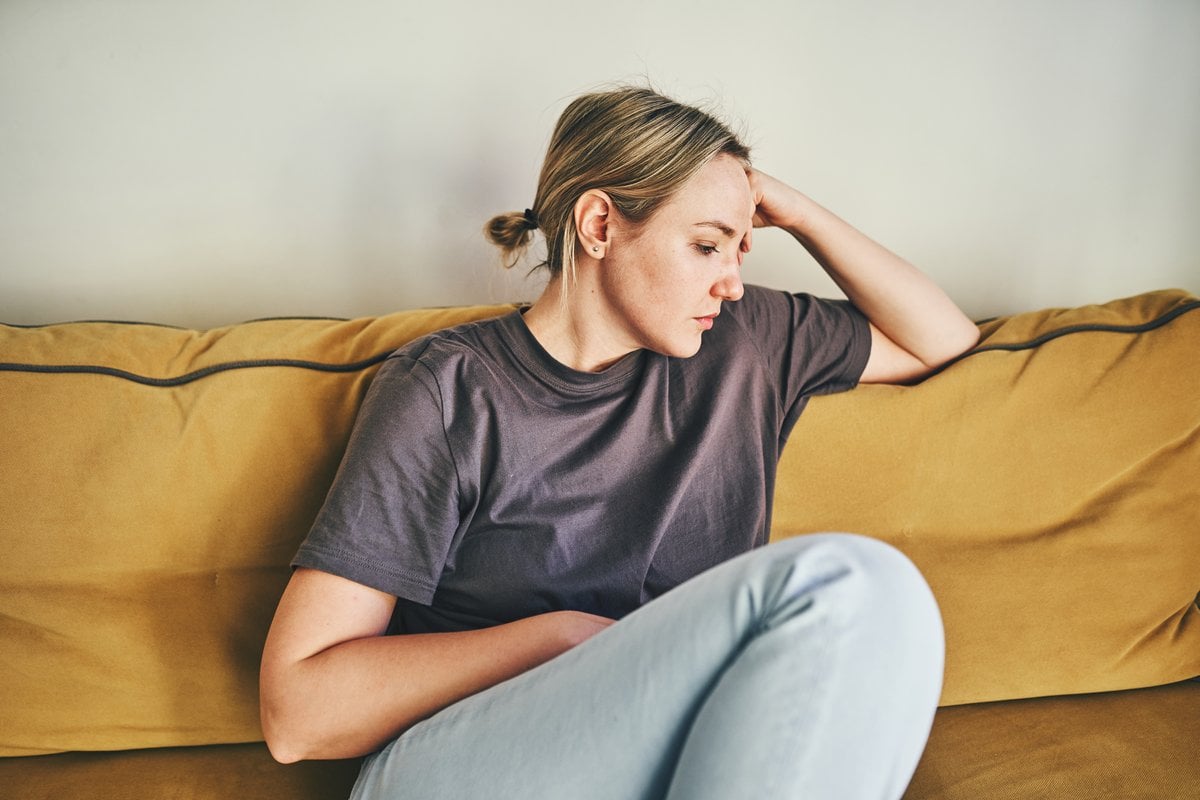
When Annette was 15, doctors told her that painful periods were just part of becoming a woman. She accepted what he said, enduring the pain for the next four years. At 19, a female doctor diagnosed her with endometriosis.
In her 20s, she visited her male GP about a chronic ear infection. She took antibiotics for more than four months, different ones prescribed when the first wouldn’t work. Then there was the discharge, so she visited another GP, a female, who referred her to a specialist. The neglect had rotted her mastoid - a part of the temporal bone- and she had to have part of it removed. The specialist said she was lucky her skull hadn’t collapsed.
Watch: Closing The Gap - Addressing Gender Inequities In Healthcare. Post continues after the video.
After her first baby, she struggled to shift the pregnancy weight. Three GPs told her that was normal after having a baby. Two told her she had postnatal depression, and another suggested she join the gym. She was told to stop breastfeeding and take antidepressants. But she knew she wasn’t depressed. A year later, she saw new GP, a female, who suggested the possibility of a thyroid problem.

Top Comments